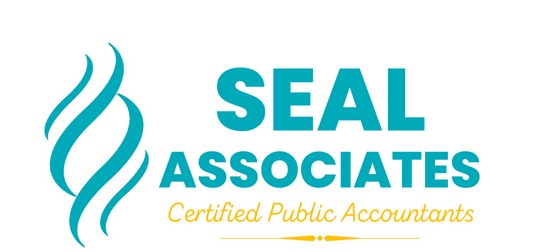Understanding Tax in Kenya for Businesses

Who Should Have a KRA PIN?
October 8, 2024
KRA INTRODUCES NEW REGULATIONS FOR MOBILE DEVICE IMPORTS AND TRAVELERS.
November 6, 2024Navigating the tax landscape in Kenya can be complex for both new and established businesses. The Kenyan government has put in place various tax regulations aimed at promoting economic growth and ensuring compliance. This blog aims to break down the key aspects of tax laws in Kenya that businesses need to be aware of.
- Types of Taxes Applicable to Businesses
Businesses in Kenya are subject to several types of taxes, including:
- Corporate Tax: The standard corporate tax rate is 30% for resident companies and 37.5% for non-resident companies. This tax is levied on profits earned within the country.
- Value Added Tax (VAT): Currently set at 16%, VAT is charged on the sale of goods and services. Certain goods and services may be exempt or zero-rated.
- Withholding Tax: This is deducted at the source on specific payments such as dividends, royalties, and interest. The rates vary depending on the type of payment.
- Pay As You Earn (PAYE): Employers are required to withhold income tax from employees’ salaries and remit it to the Kenya Revenue Authority (KRA).
- Excise Duty: This tax applies to specific goods, such as alcohol, tobacco, and fuel, and varies based on the product.
- Registration Requirements
To operate legally in Kenya, businesses must register with the KRA. This involves obtaining a Personal Identification Number (PIN), which is essential for filing taxes and conducting business transactions.
- Filing Tax Returns
Businesses are required to file tax returns annually, with specific deadlines depending on the type of tax. For corporate taxes, returns must be filed by the end of the fourth month after the end of the financial year. VAT returns are filed monthly, while PAYE returns are typically filed by the 9th day of the following month.
- Incentives and Reliefs
The Kenyan government offers various tax incentives to promote investment, especially in sectors like manufacturing and renewable energy. Some of these incentives include:
- Investment Deductions: Certain capital expenditures may be eligible for deductions, reducing the taxable income of a business.
- Export Processing Zones (EPZ): Businesses operating in EPZs benefit from reduced corporate tax rates and exemptions from VAT.
- Special Economic Zones (SEZ): These zones offer additional incentives for businesses looking to invest in specific areas.
- Compliance and Penalties
Compliance with tax laws is crucial to avoid penalties and fines. The KRA has instituted stringent measures to ensure compliance, including audits and investigations. Businesses found to be non-compliant may face hefty fines, interest on unpaid taxes, and potential legal action.
- Recent Developments in Tax Laws
Tax laws in Kenya are continuously evolving. Recent developments include the introduction of digital tax regulations aimed at taxing digital service providers and the implementation of the Transfer Pricing Regulations to prevent tax avoidance by multinational companies.
- Conclusion
Understanding tax laws in Kenya is essential for business success. Compliance not only avoids penalties but also fosters good standing with the government and enhances the overall business reputation. It’s advisable for businesses to work with tax professionals or consultants to navigate this complex landscape effectively. By staying informed and proactive, businesses can optimize their tax obligations and focus on growth and innovation.
- Additional Resources
- Kenya Revenue Authority (KRA): The official website provides resources, guidelines, and updates on tax laws.
- Tax Advisory Firms: Many firms specialize in tax consultancy and can provide personalized advice based on your business needs.
- Business Associations: Organizations like the Kenya Association of Manufacturers often provide resources and updates on tax matters relevant to their members.
By staying informed and compliant, businesses can thrive in Kenya’s dynamic economic environment.
PRESENTED TO YOU BY SEAL ASSOCIATES
Top of Form
Bottom of Form





